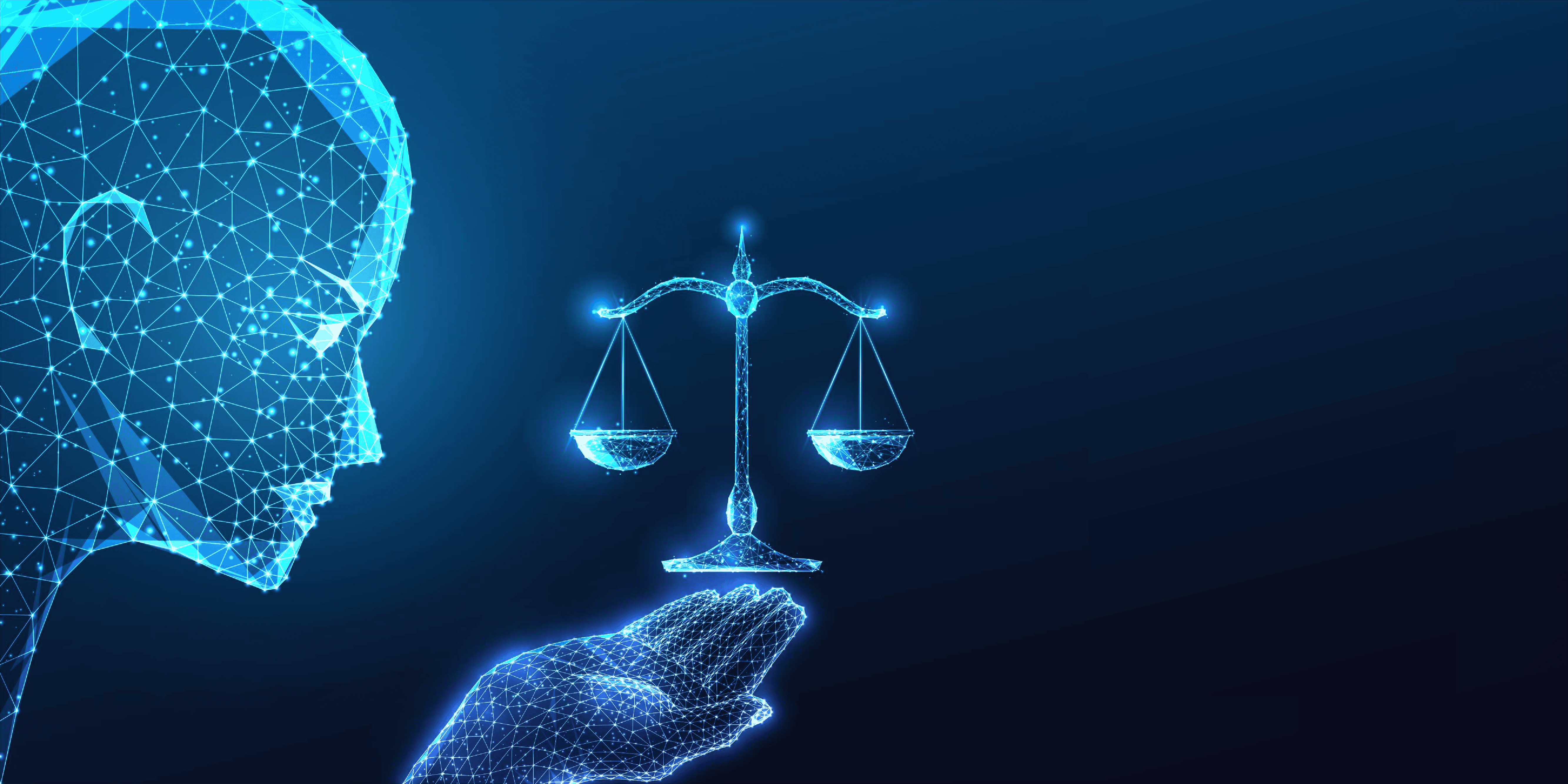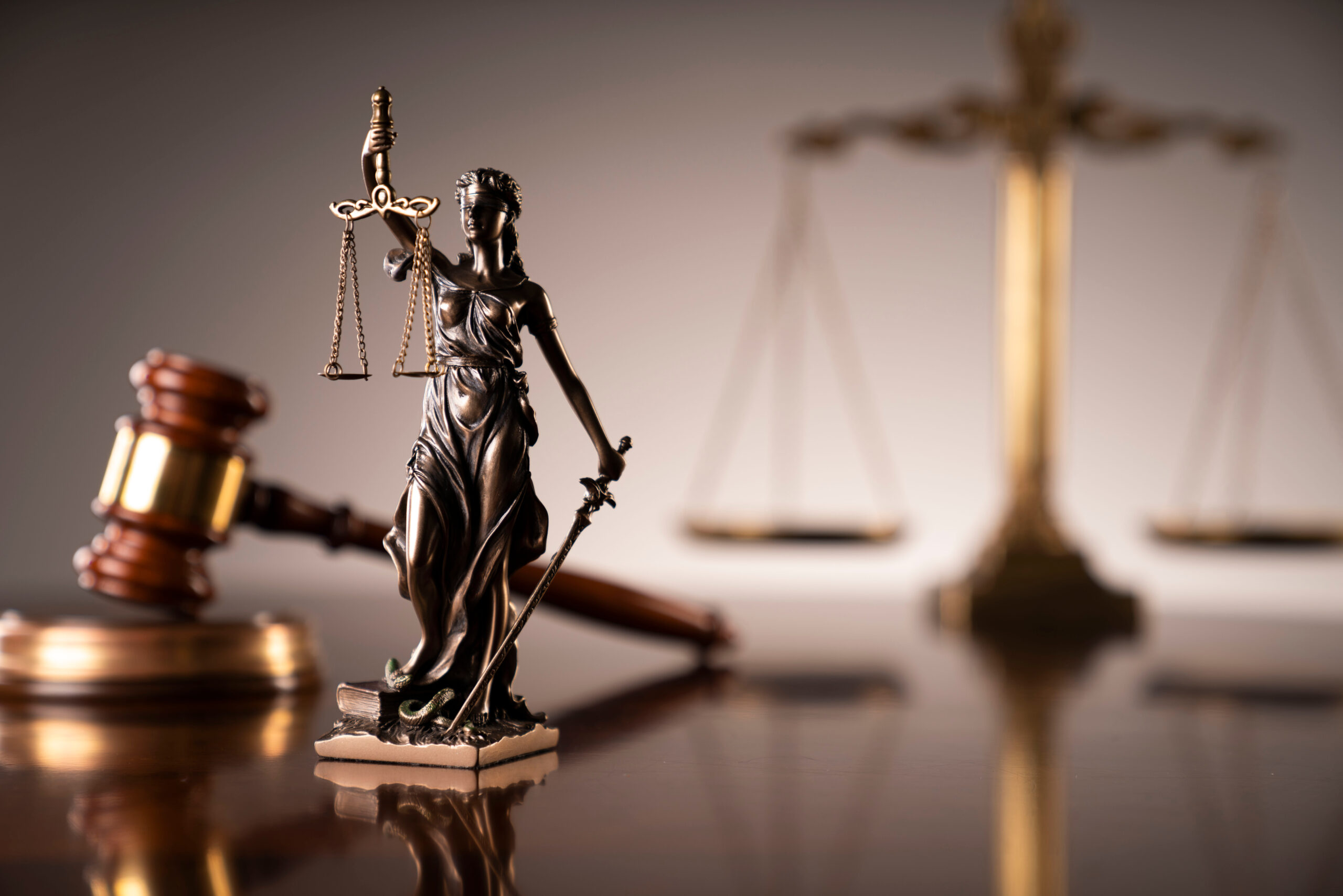strong>By Steve Young
Last year I went to trial on a dispute between a young man and his grandparents. I represented the young man. He sued his father and grandparents charging they had stolen $300,000 from a trust set up to provide funding for tuition, living expenses, room and board while he was in college.
The trust was funded by the young man’s mother through a divorce judgment that specified that part of the money she was paying to equalize the property division (buying dead beat dad out of her businesses) would fund the trust with the father and the grandfather listed as the trustees. She fully funded the account.
“You can’t win this case, Young.”
Everyone told me I couldn’t win the case. “The grandparents are old and sympathetic.” The grandparents pleaded, “We did not know there was a trust. No body told us.” They claimed they never saw the divorce judgment and thought the money belonged to my client’s father. They said they acted only on the father’s instructions. Finally, after the father had taken all the money, the mother signed an amendment to the judgment in the divorce that provided that the mother waived the trust account and waived any accounting of the account.
Friends said, “Run, Steve. Run. You can’t win this one.”
[sws_pullquote_right]Your heart knows what your brain does not. [/sws_pullquote_right]
During a two day settlement conference opposing counsel kept asking, “Have you read the amendment?” During the conference, the defendants acted like they owned the case and controlled how the case would proceed.
Against this current of opposition, I finally said to the settlement judge, “I’m going to have to try this case. No one sees it the way I do.”
He shook his head, “You’re making a mistake.” If I was, there was only one way to end the ridiculous treatment everyone was heaping on me.
There was a further complicating issue: my client’s mother told me my client, “just graduated and started a new job out-of-state. He can’t risk creating a bad impression on his employer by appearing for the trial.”
The trial
We went to trial. I presented my witnesses, and cross-examined the defendants. I finally put my foot down and called my client to find out why he would not appear. “How much money will you make appearing for one day at trial, versus what your employer will pay you for working one day? You need to come testify.”
His response surprised me, “No one told me you wanted me to testify.”
He flew in the next morning. I put him on the stand. He testified, then caught a plane home. We gave closing argument and awaited the decision.
The decision
The judge announced the decision from the bench. “The turning point in the case for me is the plaintiff’s testimony. I found him credible and the defendants lacking credibility.” Turning to me, the judge continued, “Tell him it was worth his making the effort to be here.”
The judge awarded every penny I asked for plus punitive damages against the father even though the father claimed to be penurious.
The point of this short story is, that we focus so much on the legalisms that many times we miss the truly important thing in trial – the principle. If you try cases based only on facts and law, you will suffer many bad surprises, because principle will trump every thing you learned in law school.
How do people decide?
Think of the supreme court. Supposedly the best and brightest attorneys in the land populate the court. They look at the same facts in the record. The law they research is the same, yet how many decisions from the supreme court are 9-0? Usually none. Usually they split 5-4 and sometimes 6-3. Why?
Supreme court justices, like trial judges, like jurors, like everyone, make decisions the same way. They decide based on feelings, values, and principles. They decide with their feelings, then look for facts and law to support their decisions. Will Justice Scalia and Justice Bader-Ginsburg agree on privacy or political issues? No matter how long they discuss and argue, it won’t happen. Why not? Because people don’t decide based on logic, no matter what we tell ourselves or others.
So what does this mean as we prepare to try a case? In my case, I liked it from the beginning. It had family drama. It had betrayal. It had clear good guys and bad guys. None of that depended on the law. It depended on life experience.
So, I accepted the case. I worked it. I took it to trial. I won, but really the compelling story of a young man betrayed by those he most trusted resonated with the judge.
Your heart knows what your brain does not.
he article is reprinted from the Young on Trials blog. Steve Young has conducted almost 200 Civil Jury Trials during 34 years as a lawyer. He is a national board certified Civil Trial Advocate. Mr. Young’s firm, the Law Offices of Steven R. Young, specializes in “last minute trials.”You can learn more about Steve Young at www.juryattorney.com.



























